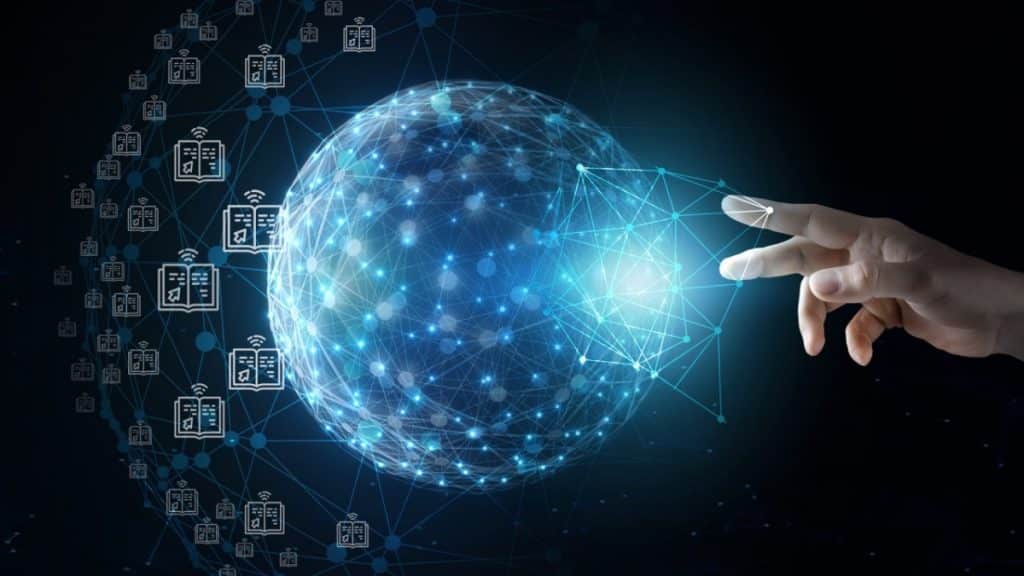E-learning has become groundbreaking in the acquisition of new knowledge, and its popularity has grown incredibly in the last few years, especially during the COVID-19 pandemic. A higher demand for accurate and culturally appropriate translations in this field has increased accordingly. E-learning providers require A+ translations in order to deliver accurate and engaging content globally. AI-powered translation tools are great at speed, whereas human translators add the layer to meet custom requirements of e-learning translations and make sure that it is effective, accurate, and contextually correct without loss of cultural relevance.
Why We Need Human Editors for E-Learning Translation
Translation of e-learning content means more than just substituting words from one language to another. Course materials are usually written in academic or specific language, educational slang, and turns of phrase that can be near-impossible to translate directly into another tongue. Human editors are a must when adapting educational content to the target audience. The smallest mishaps in the e-learning course translations can lead to miscomprehension therefore human control is mandatory. For example, a course on medical training needs specific terms and a perception of critical concepts. Misunderstanding and misinterpretation can confuse the learners which would likely detract from their overall message. In short: e-learning is poorly suited to simple machine-driven translation for the requirements of clarity, cultural sensitivity, and expertise in ensuring that content remains accurate, culturally relevant, and educationally fit for purpose.
How E-Learning Translation Companies Ensure Quality Control
E-learning translation services such as those provided by TheWordPoint make more effort to ensure top standards, using human editors for quality control purposes. Content editors verify that translations adhere to learning objectives and use consistent terminology. Cultural nuances are also meticulously picked up and if multimedia elements (captions, images, or audio) are part of a file to be translated they can check formatting as relates to them. This service ensures a high level of credibility for e-learning programs in various markets. Any good quality control should be built into e-learning content translation services. Content should be verified by human editors to ensure accuracy, cultural appropriateness, and uniformity across languages for a worldwide learner audience.
How to Handle Specific E-Learning Translation Needs
E-learning courses need human expertise to solve a unique set of challenges given the diversity in subjects they cover, spanning from business and healthcare to technology. Every discipline has specialized terminology and human editors can understand nuanced meanings due to their industry-specific knowledge. They comprehend regional learning styles, so they can adjust the tone to emulate each culture—more formal for a Japanese audience and more conversational for Latin American students. This attention to detail ensures the e-learning content is engaging and effective for any learner all around the world.
Although AI tools are well-trained, human editors must still be required to get the best result when we translate e-learning content. Trusted e-learning translation companies, like TheWordPoint, focus on making sure educational materials are accurate, culturally acceptable, and suitable to promote engagement. Having mixed the power of AI with human editing expertise, translated e-learning materials can be confidently spread across the globe.
